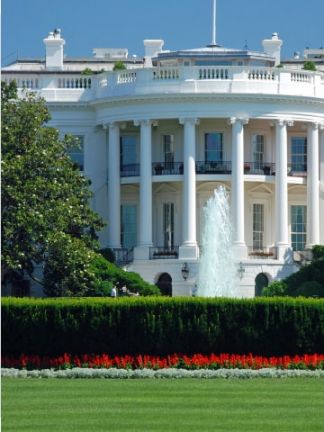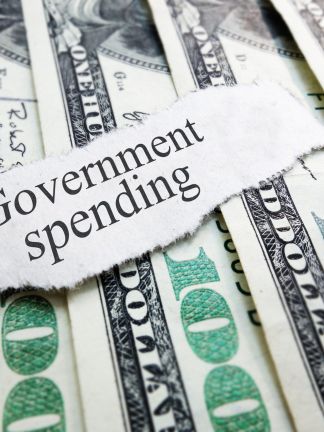Obama Era Rule Expansion Could Finally Kill The Fourth Amendment

Just before President Barack Obama left office, his administration gave President Donald Trump’s administration the best parting gift a power thirsty official could have asked for: More access to innocent Americans’ private information.
 After Edward Snowden revealed that the National Security Agency (NSA) was spying on innocent Americans without due process, the country — and the world — learned that the U.S. government prefers to collect the haystack before looking for the needle. As the debate surrounding privacy rights heated up due to this revelation, others dismissed the reports, saying that those who have nothing to hide should have nothing to fear.
After Edward Snowden revealed that the National Security Agency (NSA) was spying on innocent Americans without due process, the country — and the world — learned that the U.S. government prefers to collect the haystack before looking for the needle. As the debate surrounding privacy rights heated up due to this revelation, others dismissed the reports, saying that those who have nothing to hide should have nothing to fear.
As a counterargument, privacy advocates pointed out that officials don’t need to do their jobs correctly to bust someone for a crime they didn’t commit if they have data.
With data, these advocates would explain, officials can tell a story, even if you had nothing to do with a certain crime.
Now, the Trump administration has the power to make use of the data collected by the NSA even more widely, since Obama gave sixteen federal agencies access to the agency’s database.
These agencies include the Central Intelligence Agency (CIA), the Department of Homeland Security, and the Federal Bureau of Investigation (FBI).
While the government says that the collected communications available via the NSA are “masked” to protect the identity of innocent Americans, several government officials have the authority to demand unrestricted access. And what’s worse, Congress is now working hard to expand this information sharing system with a series of other agencies.
Thanks to Rep. John Katko (R-NY), HR 2169, or the Improving Fusion Centers’ Access to Information Act, may change the rules so that more agencies under the DHS control have the same access to NSA’s database, such as the Transportation Security Administration (TSA). If flying hadn’t been made nearly unbearable thanks to the sexual harassment that comes along with going through airport security, the TSA is about to get even more invasive by combing through information provided by the NSA and doing what it pleases with it — unless HR 2169 gets booted.
To privacy advocates, this bill would only do more damage to America’s already fragile civil liberties protections. Instead of keeping government officials and workers from having more reasons to abuse their power, this new rule expansion would put more Americans at risk of having their rights violated for entirely new reasons.
If the Fourth Amendment still means anything in this country, it might as well die an agonizing and definite death if Katko’s bill gets to the president’s desk. Are we ready for more TSA and ICE scandals?

Author
Advocates for Self-Government is nonpartisan and nonprofit. We exist to help you determine your political views and to promote a free, prosperous, and self-governing society.
What do you think?
Did you find this article persuasive?

























